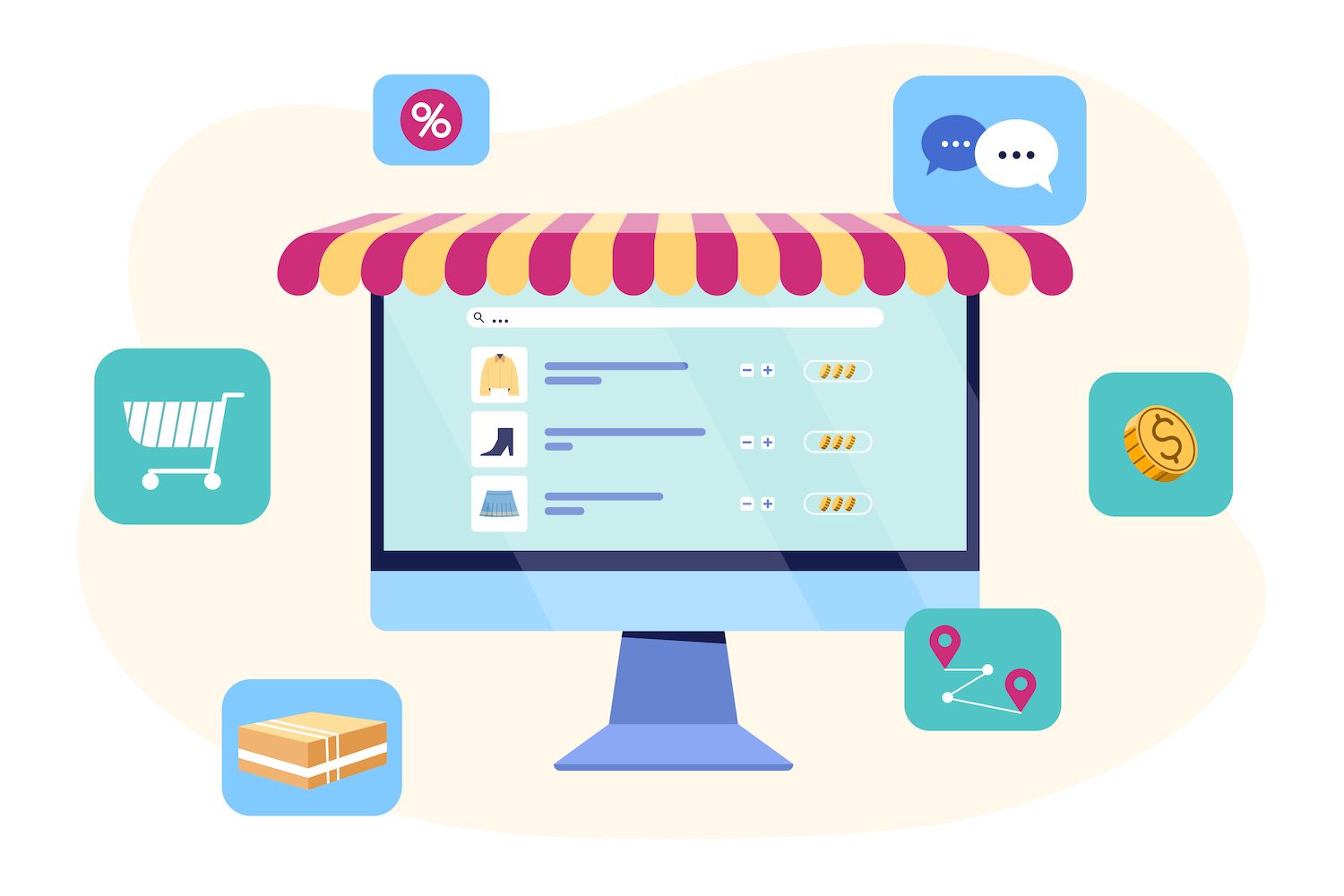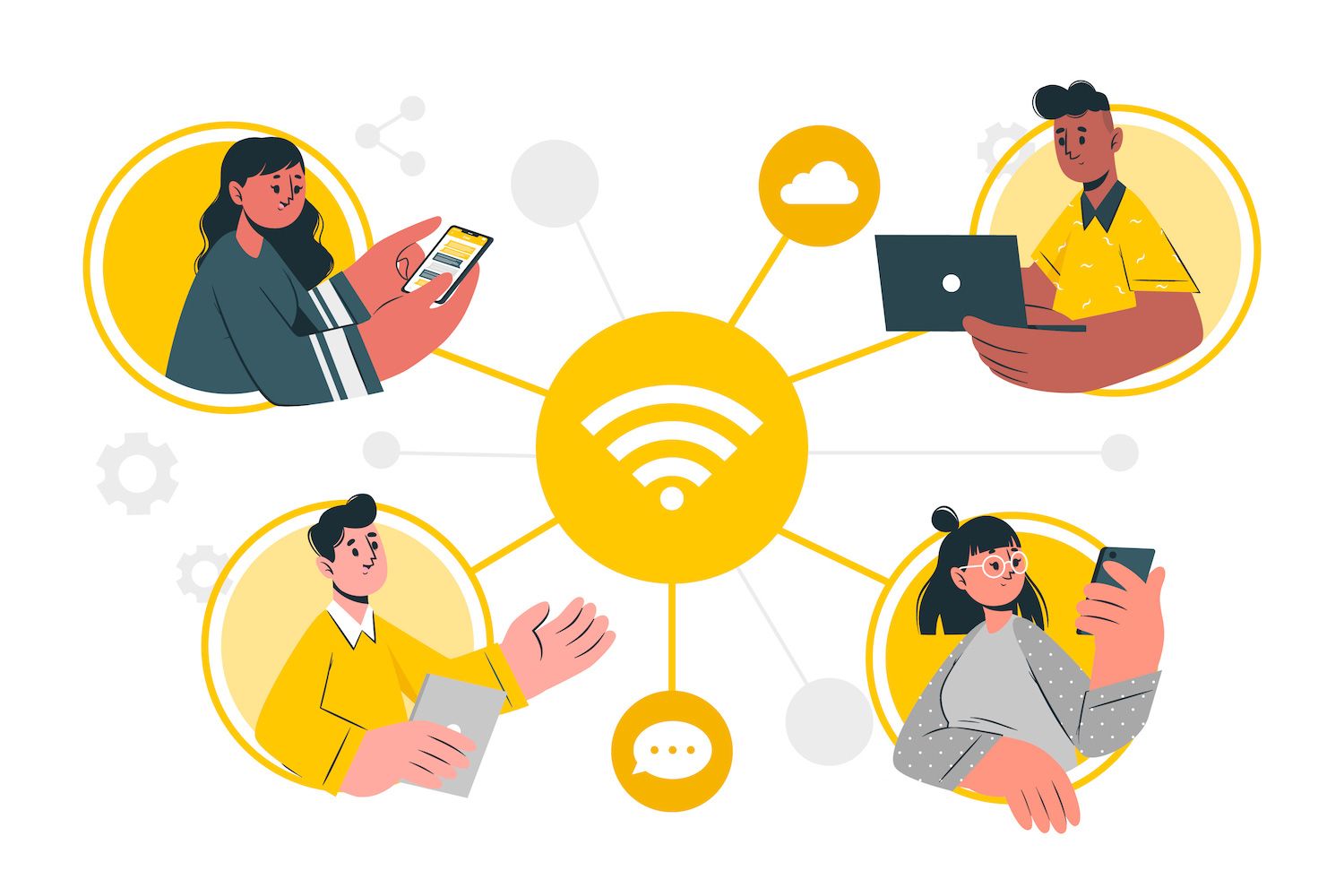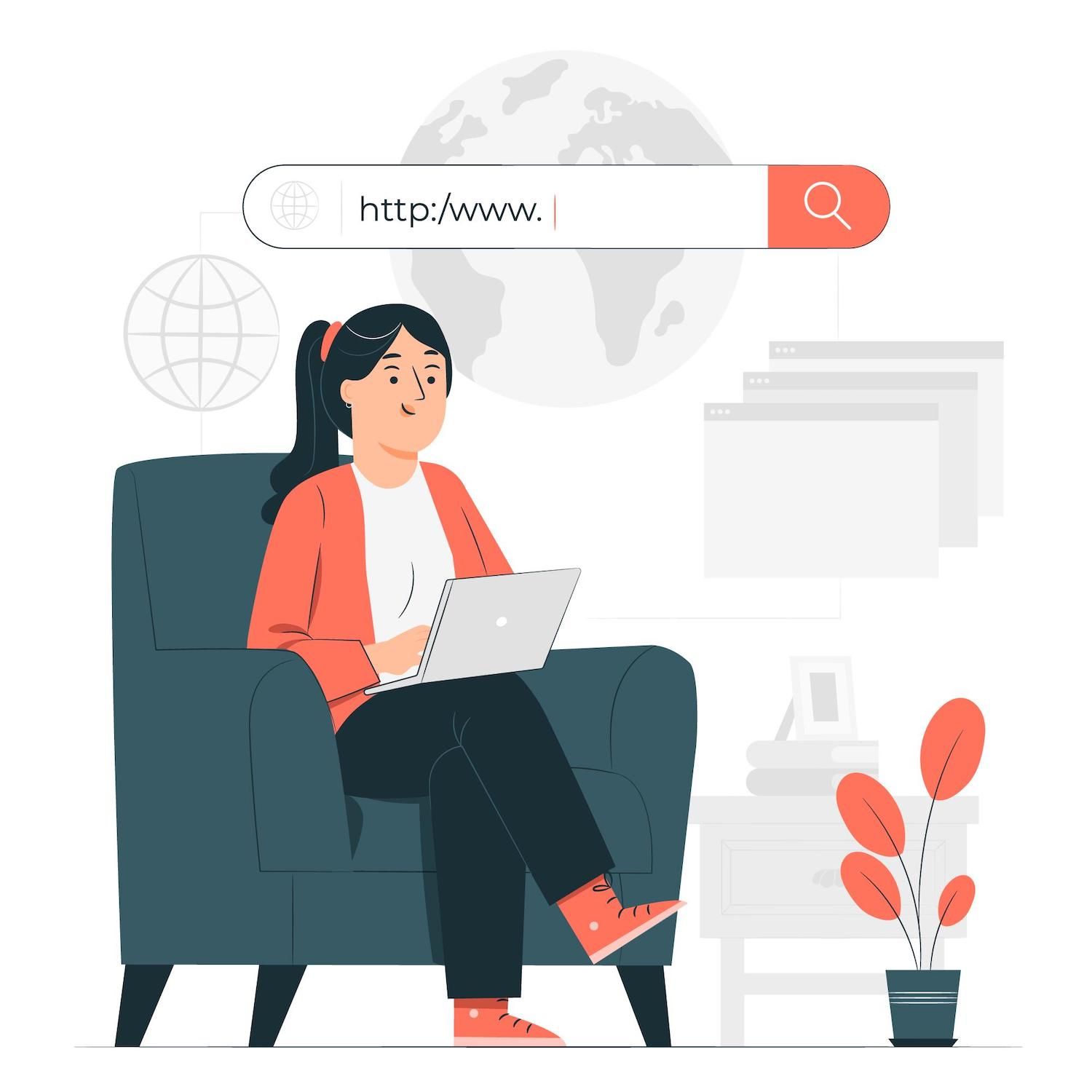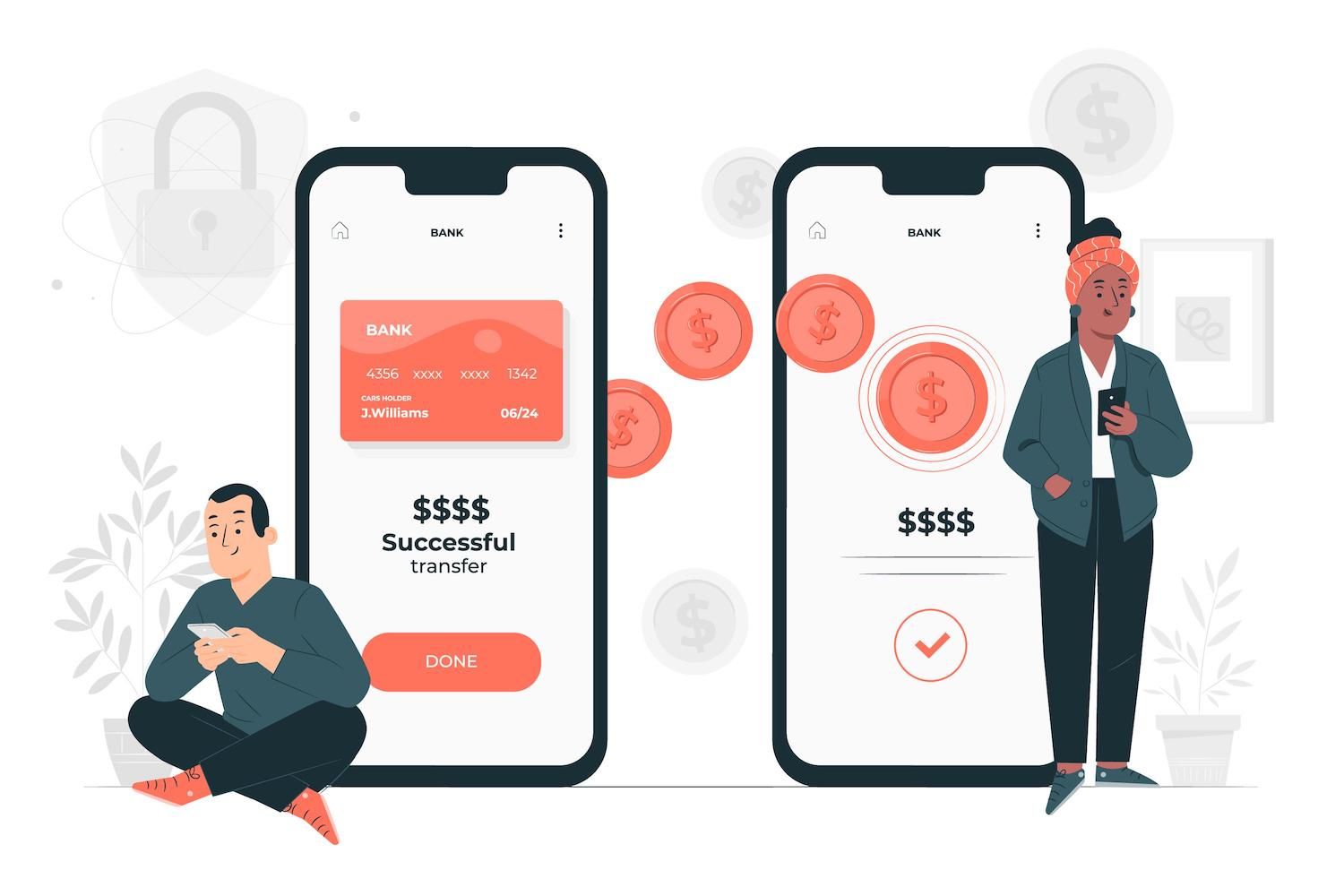What Is User-Generated Content? + Examples |
How did Meta come up with a platform which makes $44 for each user? How can LinkedIn make $8 billion by charging everybody from recruiters to premium members to employers?
Look at the companies that make billions of dollars in social media and you'll see that their valuations are directly dependent on their customers. Content created by users is the key behind these giants. But it's also the thing powering forums online, brand communities, Discord servers, Medium and even the comments part of blogs, if there is still such a thing. And, as a community platform, we've got a front-row seat to the ways in which UGC makes for thriving communities-many of which become 6- or 7-figure businesses. even 8-figure companies as well.
In this article We'll be discussing:
- What is user-generated content? are.
- Why it's so important (plus pros and pros and).
- Examples of UGC.
- How to unlock UGC for your brand or your business.
What is User-Generated Content (UGC)?
User-generated content can be defined as any material that's created by users of websites, rather than the platform's owners, regardless of whether the material is written, video photographs, text, or anything other than that. Most social media platforms rely on user-generated content. However, as do other internet platforms like online forums, as well as online communities. Most of these sites operate with a model of business that is where the platform hosts a program, and users create the content.

Even if you're not the social media giant, you can utilize UGC to your benefit. As an example, many of our thrive especially thanks to content created by users, when people get together to form a community, discover something they like, and have some great conversation.

What is HTML0? UGC builds companies
Remember the app Clubhouse? It was marketed as a premium social listening app that was worth a whopping $4 billion in 2021. It was exclusive (you required an invitation) and featured frequent guests from famous personalities such as Oprah Winfrey, Elon Musk as well as Kevin Hart, and it exploded.

However, as the restrictions on pandemics came to an end, Clubhouse had a tough to retain those users. Recently, they laid off a round of staff. And Clubhouse's active users have decreased for the past few years now-about 10 million weekly-in comparison to Pinterest has 482 million users/month.
The Threads platform is an interesting example. It hit 100 million users in just 4 days! But in the following 210 days, it only increased to 60 million. It seems the growth has been largely stagnant, though Meta isn't making it publicly available anymore.

Source: Statista
160 million users on Threads isn't anything to laugh at. Its rival X (Twitter) boasts more than 600 million per month users.
The viability or otherwise of these platforms, the billion-dollar value, is contingent on two things: 1. Do people show up? 2. Do they make contents? It's not really a matter of importance.
This is evident with membership-based communities as well. We found that we can model with 93% accuracy the likelihood that an online community will prosper or fall. There are two things to consider: 1. Do people sign up? 2. Are they friends? This data is so potent that we've started building the software that does more than simply host UGC, but also is focused on helping users make connections with each other.

The foundation for all that is social the social network. The theory of social networks suggests that social networks are actually the basis of human community. What makes Facebook one of the top platforms with over 3 billion users? It could be because Facebook is actually built on in-person, social networks. You might get mad at an acquaintance on Twitter and delete the platform. However, if Facebook is where you talk to your mom and grandma and sell stuff from your garage, it's likely that you'll keep the platform around.
To allow UGC to create a business, it can't just be about throwing contents into the world. Making endless AI social media content isn't likely to help build your company.
And that's why, for communities and blogs, social networks, and Reddit, the real benefit of the platforms is in the involvement.
UGC is the term used to describe engagement. People who write content. People who read articles. If you don't have UGC and you do not have engagement.

User-generated content advantages and drawbacks
Content created by users has a lot of benefits for people who host or own platforms.
Involvement: Engaging users will allow content to be created more quickly and far beyond what could be done by an individual business or site. Social media giants create little to no content themselves. For example, YouTube estimates that around 500 hours of content is being uploaded every minute! The company cannot do this, not even using AI.
User-directed conversations: There are all sorts of weird and wonderful topics people talk about online. UGC allows users to create conversation and content they are passionate about.
Diversity of viewpoints: UGC gives people voices-especially individuals who do not usually be heard in media. Everyone can participate. Anyone can give their perspective.
The effect of networks: This phenomenon is the term used to describe the way that communities and platforms grow better with every new member they get.
Improving customer experiences: For brands or companies User-generated content could be used to improve the user experience, and also customer service. For instance, Apple's customer community includes users who respond to Q&As on their own time.

There can be some disadvantages with user-generated content as well:
- Incorrect and false information: With no gatekeepers UGC allows anyone to create any thing. And with 55% of Americans believing that the spread of misinformation is an issue that needs to be tackled, UGC can be a part of that problem.
- The words intimidation and bullying UGC from content creators as well as individuals who react (e.g. through comments) can mean intimidation and bullies, or even content that targets a specific individual or group.
- Moderation Moderation for the community host and companies that use social media Moderation is now an essential part in hosting UGC.
Don't allow this to discourage you from allowing user-generated content. The negative impact of this can be mitigated with good community moderation and guidelines. Giving users a way to help with moderation goes a long way too (e.g. an "report this post" button ).
When your users invest the time and effort into your place, the majority of them would like it to be positive. They're usually happy to assist by limiting their consumption.
Pros of user-generated content
- Scale content creation fast
- Incorporate many voices and points view
- Expand organic reach and conversations
- UGC can bring new users to your platform (e.g. in the event that it's shared) increasing the number of people who use your platform.
Cons of content created by users
- Higher risk of inaccurate or incorrect information
- Intimidation as well as bullying
- Moderation is needed
User-generated content examples
A Mighty Network
A Mighty Network is a Community platform which gives hosts the ability to connect communities and change lives. Participants can participate in discussions, live classes, events, livestreams, and more. Thriving communities always have great participation from members. (See some examples of here ).

Founded in 2010, the photo-sharing app started in the hope of letting anyone share their photos using filters. It quickly grew before expanding to include more features like Reels and now has more than 2 billion users.

YouTube
In the previous paragraph, we mentioned that there are 30,000 hours of new content on YouTube each hour. You'd need more than 1900 years to view today's uploaded videos. YouTube is a monster in the world of UGC and the fact that 30 percent of youngsters saying that YouTuber is their "dream job" it's made an impact on our cultural imagination. Whether they can monetize and earn money from views or it's not possible, YouTube is a juggernaut for UGC.

Blog Comments
It's not as common these days, but starting a blog and getting blog comments was once the OG of user-generated content. You can still see this trend on certain blogs, and especially on blogs like Medium. A few news websites have this issue as well.

Local Reviews
We've been talking about social media for a while, but reviews for restaurants, attractions, etc. through Google or Yelp can be a fantastic instance of UGC.

Product Reviews
As with local reviews where you can read reviews about products before purchasing a product on Amazon or any other E-commerce site .
Forums
If you've spent any time at all in social forums like reddit or Quora, you'll know that there are many people that hang out on these areas, creating the content that keeps the websites running. Reddit is expected to boast 53 million members by 2025.

Tips for unlocking UGC
1. Create amazing content
First and foremost, UGC is likely to come from great and engaging content. There are many applications available to assist you create a LOT of content. You can technically incessantly create AI text, and then share it.
However, great content is distinctive and starts conversations. If the content is authentic and authentic, readers are compelled to step up and comment or even create.

2. Create niche spaces
Imagine who has control over algorithmic processes. Hootsuite states that the average percentage of engagement for a Facebook Page post is 0.07%. What kind of UGC will thrive within a digital environment where it doesn't get seen? What kind of content creator would want to produce something which nobody can see?

The answer is to create space that is not algorithmic for individuals to create and share. Email. Online communities. Chat rooms. Apps. You need to create spaces which aren't based on algorithms to let you unlock UGC.

3. Memorable social media campaigns
While algorithms are fickle, UGC is still possible with social media campaigns. Select the platform you prefer, and create content that's engageable. Also, you can find innovative ways to engage people. Adding in a competition or prize for contribution can increase engagement!

4. Reviews
One of the primary types of UGC for brands is reviews, testimonials and other positive feedback (negative feedback is also valuable however in a different method.) Getting UGC on review websites when there is a product you sell, or even local reviews when you're using Google is vital as more of us are influenced by reviews when making buying decisions. And if you use testimonials on your site, UGC can be really valuable here too.
When it comes to getting UGC feedback, don't forget to ask. An easy prompt to get individuals to post reviews or rating can make a huge difference to the level of the amount of activity.
5. Gamify donation
If you're looking for and require UGC gaming, then gamifying the entire process could make a huge difference. For example, Apple's brand support community is heavily driven by users, with lots of volunteers who come to answer questions. They've gamified the process with achievement levels and an individual community that is only available to the top contributors. Incorporating rewards or gamification could encourage the creation of content.
Conclusion
The final analysis User-generated content can be a huge asset. A lot of the top brands around the globe have relied on UGC in order to boost their valuations. However, whether it's billions people creating content or a community that shares their thoughts, UGC taps into human creativity in a way which is amazing.
